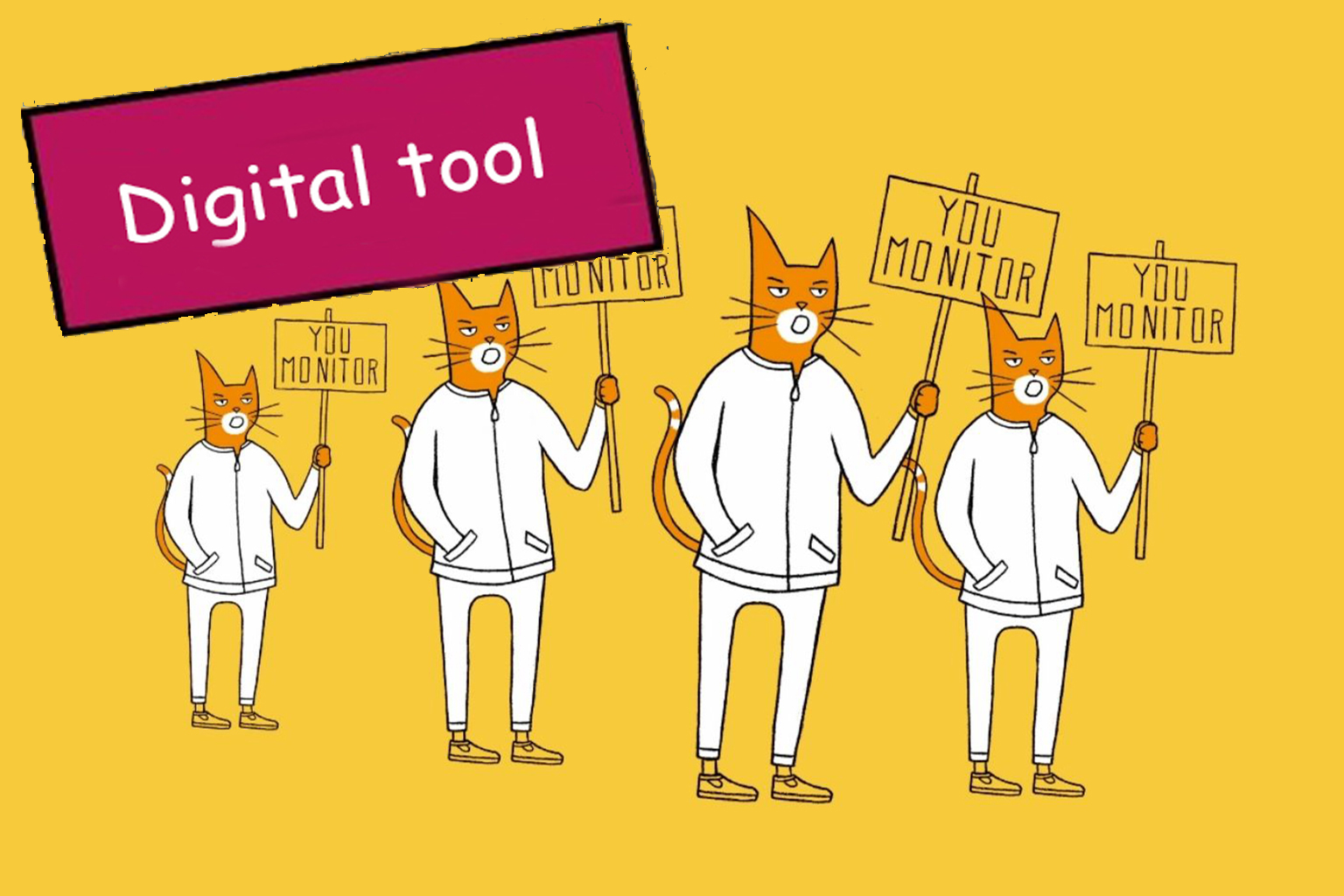Understand
An efficient monitoring action needs a good dataset. Start with the data that is already available, from institutional and civic sources, i.e. data produced by public institutions or administrations and data produced by civic actors like NGOs, journalists, researchers, etc.
During a monitoring action, your group will find different types of data, which provide different information: some data refers to ‘who’ takes part in the decision-making process and who are the actors/stakeholders involved. Other data may concern the ‘what’ of the topic; i.e., the content of the decisions, the numerical and descriptive information on what you want to analyse. There is also data that may describe, for instance, ‘how’ the issue is tackled, and the amount of money allocated. Some data may contain the time information related to the topic (the ‘when’), while others may be related to the ‘why’; i.e., they contain information on why public decision-makers made certain choices.
Remember, the data should be open, freely accessible and machine-readable. Furthermore, the information should be published in a way that facilitates its use and cross-referencing with other microdata.
Experience
When looking for public data, the first step is to identify which institutions or public administrations are responsible for publishing the data about the topic you are interested in. The data should be found on the public administration’s website or portals: there may be a specific section, or use the ‘search’ function. Likewise, you may find the phone number and the email address of the head of the office that deals with your topic, in case you want to contact them. Read the data you found carefully and try to understand it. This may not be an easy task, as the data may be numerous, very complex, and sometimes poorly organised. For this reason, experts like associations, academics, journalists and analysts can help you transform the collected data into useful information. It may also help to systematise the data with the group, perhaps creating a spreadsheet to make the reading process easier.
You can also look for other civic initiatives that have already produced civic data on the topic, searching their websites, transparency portals and social networks for more data and news. In addition, you could contact them to join forces in your monitoring action.
To understand how to find data, among the activities you will also find a data searching simulation which may provide confidence to the youth group in their data collection process.


